People

Bramie Lenhoff
Principal investigator
lenhoff@udel.edu
Bramie is the Allan P. Colburn Professor in the Department of Chemical Engineering at the University of Delaware (UD). In addition to the research described on this and other pages, he has been involved in several other activities at UD, including being chair of the department, director of the COBRE on Membrane Protein Production and Characterization, associate director of the Chemistry-Biology Interface Training Program, a faculty member in the Center for Molecular and Engineering Thermodynamics and a member of the management team of the Delaware INBRE. Further information is available in his CV. He has taught a wide variety of courses in the undergraduate and graduate programs in chemical engineering.

Vijesh Kumar
Postdoctoral researcher
vijesh@udel.edu
Correct prediction of protein elution behavior on an ion-exchange resin depends largely on an accurate description of the binding models as well as transport properties of resin bead. At low coverages, several widely-used isotherms approach linear behavior, but at higher surface coverages, encountered during saturation loading, the deviation from linearity and approach to a plateau level deviate among different models. This behavior leads to different peak shapes when saturation levels of loading are reached. The elution peak shape is found to be dependent not only upon the protein size and its physiological properties but also on details of the resin morphology. The aim of this project is to explore the in-depth understanding of protein behavior on ion exchange resins so as to build a robust mechanistic model which can be useful in the wide domain of process variability and hence applicable to industrial setup.

Anvar Samadzoda
Graduate student
anvars@udel.edu
Anvar’s research focuses on the development of a mechanistic understanding of crystallization of membrane proteins. In his work, he has used two model proteins – reaction center from R. sphaeroides and OmpX expressed in E. coli – with their respective crystallization conditions and utilized a variety of biophysical and colloid science techniques in order to extensively characterize crystal-yielding solutions.
Anvar graduated from the Middle East Technical University, Anvara, Turkey with a BS in Chemical Engineering in 2007. He worked in consumer goods industry as a Formulations and Processing R&D Engineer for about 2 years before joining the lab.

Ohnmar Khanal
Graduate student
okhanal@udel.edu
Depth filtration, displacement chromatography, and mAb/host cell protein interactions.
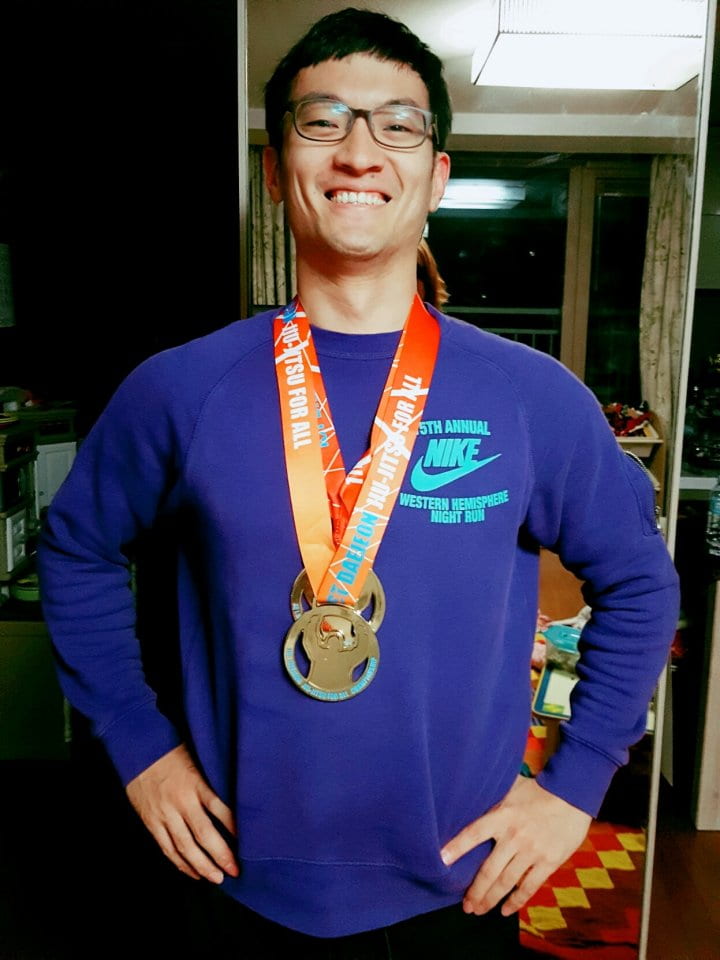
Younghoon Oh
Graduate student
yhoh@udel.edu
Host-cell proteins (HCPs) generated from the host cells in monoclonal antibody (mAb) manufacturing – usually Chinese hamster ovary (CHO) cells – must be removed during product purification. Some HCPs remaining in the final drug substance may cause problems even at trace levels: 1) immunogenic responses; 2) in vivo reactions; 3) product degradation. Younghoon’s research aims to develop a comprehensive approach to identify and remove CHO HCPs, which are problematic in downstream processing of mAbs, by employing the following techniques: 1) LC-MS based proteomic analysis; 2) cross interaction chromatography (CIC); 3) recombinant protein expression of individual problematic HCPs.
Younghoon received a Bachelor and Master’s degree in Chemical and Biomolecular Engineering from Sogang University. Before joining the group, he worked for the Research Center for Bio-based Chemistry at the Korea Research Institute of Chemical Technology as a researcher (tenure track). Google Scholar profile.

Chase Herman
Graduate student
cherman@udel.edu
Biopharmaceuticals have enabled qualitatively improved medical treatments over the past half century. Well over 300 protein therapeutics are on the market today, and hundreds are estimated to be in development pipelines. Coupled with their rapid development is a need to efficiently design and optimize the downstream processes for purifying proteins. Chromatography is essential to this purification, but the design of preparative chromatographic separations is largely empirical. Mechanistic models could improve the design of preparative separations, but their utility is often limited by insufficient adsorption equilibrium information. My research focuses on predicting protein adsorption equilibrium from proteomics data. Our goal is to use these predictions to model the retention of host cell protein impurities in flow-through polishing operations.

Xutao (Steve) Shi
Graduate student
Co-advisor: Norman J. Wagner
shixt@udel.edu
Biopharmaceuticals, in particular, monoclonal antibodies (mAbs), have seen major growth in development and market value over the last few decades. Their importance in a wide variety of clinical settings and treatments has led to extensive research of their storage, transportation, and clinical delivery. Due to the poor oral bioavailability, biopharmaceuticals are usually delivered by parenteral methods such as subcutaneous injection that leads to a length and frequent administration schedule. One route to reduce this administrative burden is the controlled release, in which a polymeric implant encapsulating the drug is placed into the patients and releases drug particles over a therapeutic window. However, the efficacy and reliability of such a delivery system rely on the stringent control of the drug release profile. A minimum quantity of drug release per day is generally required to maintain the bioavailability for sufficient biotherapeutic effect, yet any excessive releases may lead to immunogenic side effects or a compromised potency. Moreover, due to the number of physio-chemical processes involved and the definitive requirement on the drug release profile, fine-tuning of the release behaviors is not a trivial task and the development of such controlled-release systems is often resource-intensive and requires several long-term experimental studies. Therefore, this thesis research aims to combine experimental and modeling approaches to develop effective and predictive methods for designing such controlled release devices. Specifically, modeling work will entail the formulation of a physics-relevant model that is applicable and predictive across various release systems and environments. And the experimental component involves a characterization of the release devices and their release mechanisms across various system parameters and environments.

Kerri Mendola
Undergraduate researcher
kmendola@udel.edu
Monoclonal antibodies are a major class of therapeutic proteins used to treat diseases such as cancer. Some host cell proteins bind to these therapeutic proteins and negatively impact the drug product’s stability and effectiveness. My research focuses on one of these host cell proteins, lipoprotein lipase, a persistent hitchhiking protein in the process of purifying monoclonal antibodies for drug use. My goal is to produce lipoprotein lipase in order to characterize the interactions between the monoclonal antibodies and the lipoprotein lipase.

Schuyler Reed
Undergraduate researcher
srreed@udel.edu
Training neural networks based on chromatography data including retention time, protein elution, and protein absorbance.
Group alumni

Sai Prasad Ganesh
Former graduate student, MChE 2019
Sai completed his undergraduate degree at the University of Buffalo and did his graduate research in our group and the Wagner group. He completed his MChE degree in 2019.
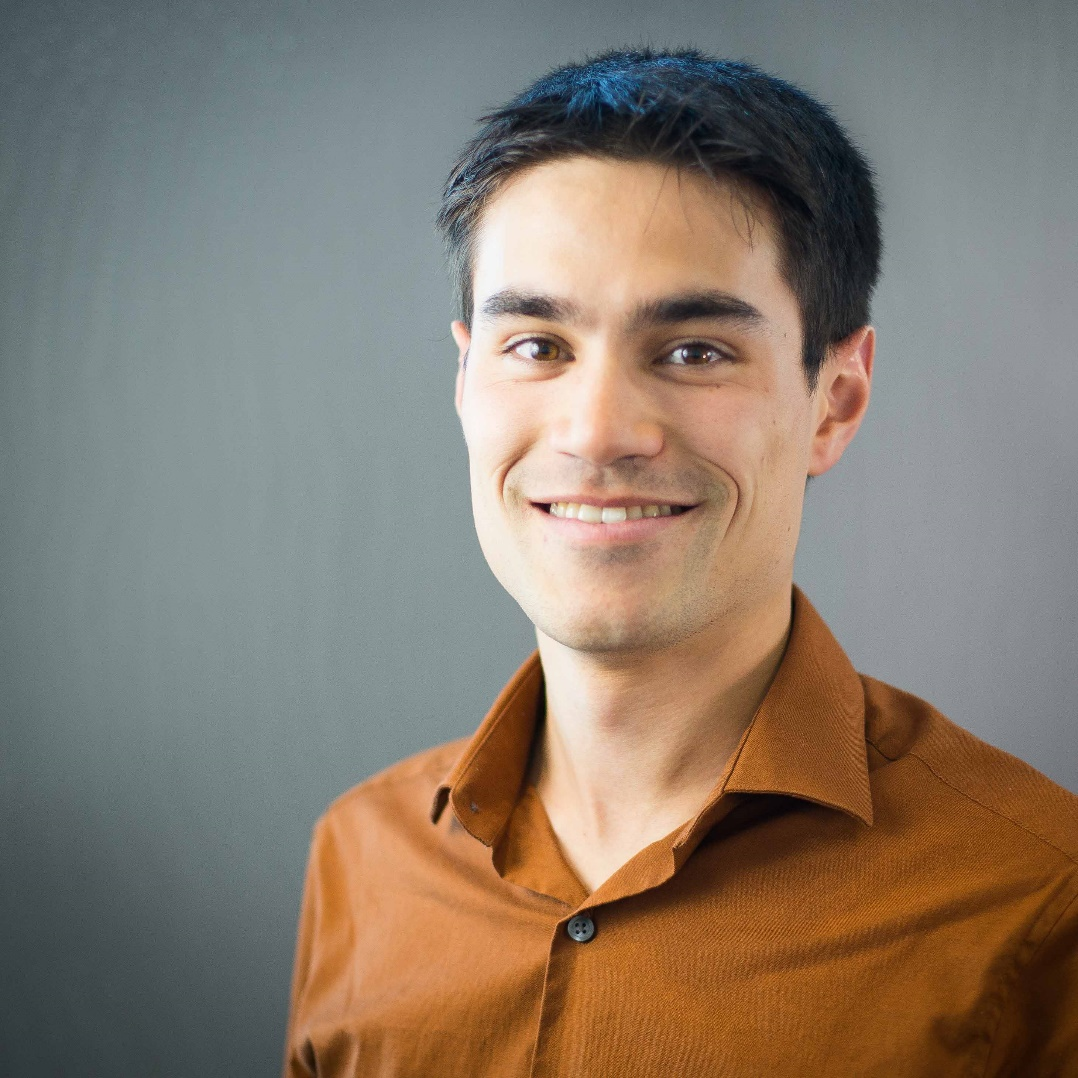
Stijn Koshari
Former graduate student, PhD 2018
Stijn came to UD as the first dual-degree Masters student from the Katholieke Universiteit Leuven in Belgium. He stayed on for a PhD in our group and the Wagner group, which he completed in 2018. He is now at Glaxo SmithKline in the Philadelphia area.
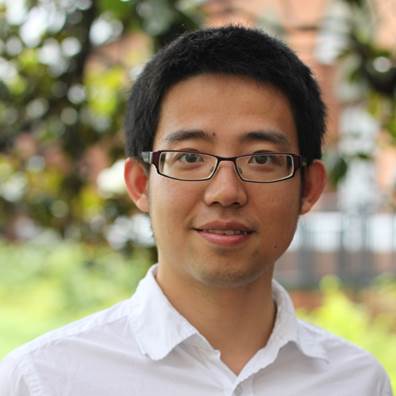
Jing Guo
Former postdoctoral researcher
Jing came to UD in 2016 after completing his PhD at the University of Virginia. His postdoc included projects in our group and in Prof. Kelvin Lee’s group. Jing moved to a position at Teva Pharmaceuticals in 2018.

Dan Greene
Former graduate student, PhD 2016
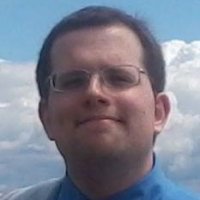
David Rosenman
Former postdoctoral researcher

Tao Liu
Former visiting graduate student

Jim Angelo
Former graduate student, PhD 2016

Rahul Bhambure
Former postdoctoral researcher

Amit Vaish
Former postdoctoral researcher
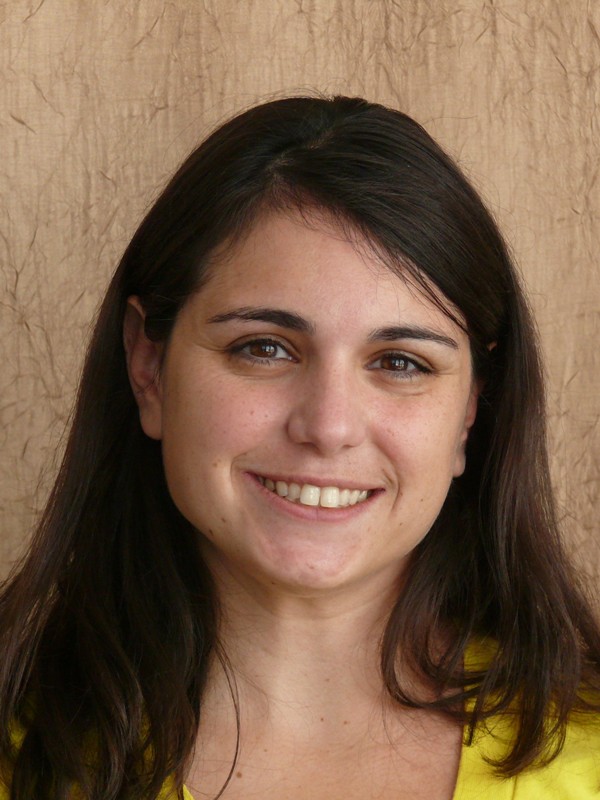
Kristin Valente
Former graduate student, PhD 2014

Nick Levy
Former graduate student, PhD 2014

Steve Traylor
Former graduate student, PhD 2013

Harun Koku
Former graduate student, PhD 2011

Leigh Quang
Former graduate student, MChE 2012
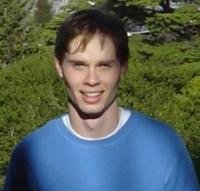
Brian Bowes
Former graduate student, PhD 2011
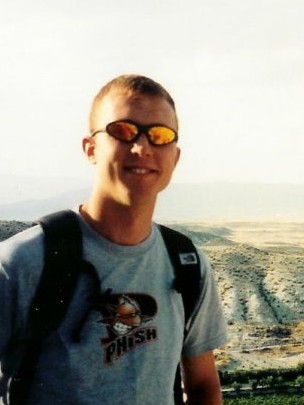
Kelley Kearns
Former graduate student, PhD 2011

Rachael Lewus
Former graduate student, PhD 2011
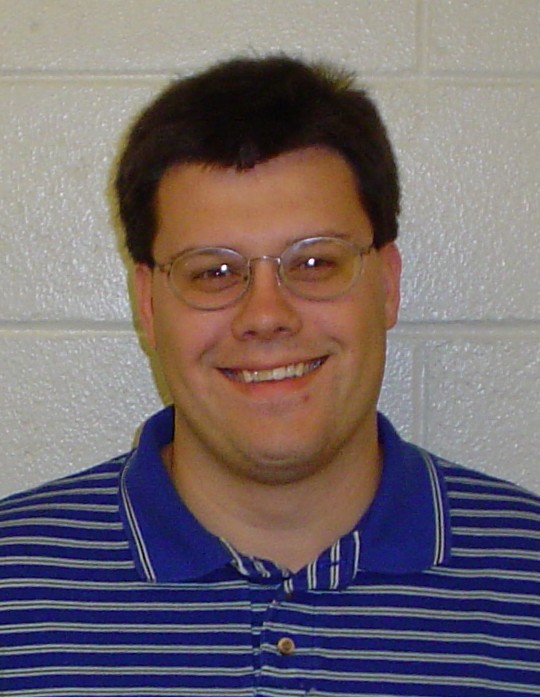
Chris Gillespie
Former graduate student, PhD 2011
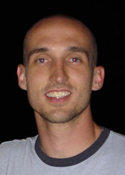
Harvey Johnson
Former postdoctoral researcher
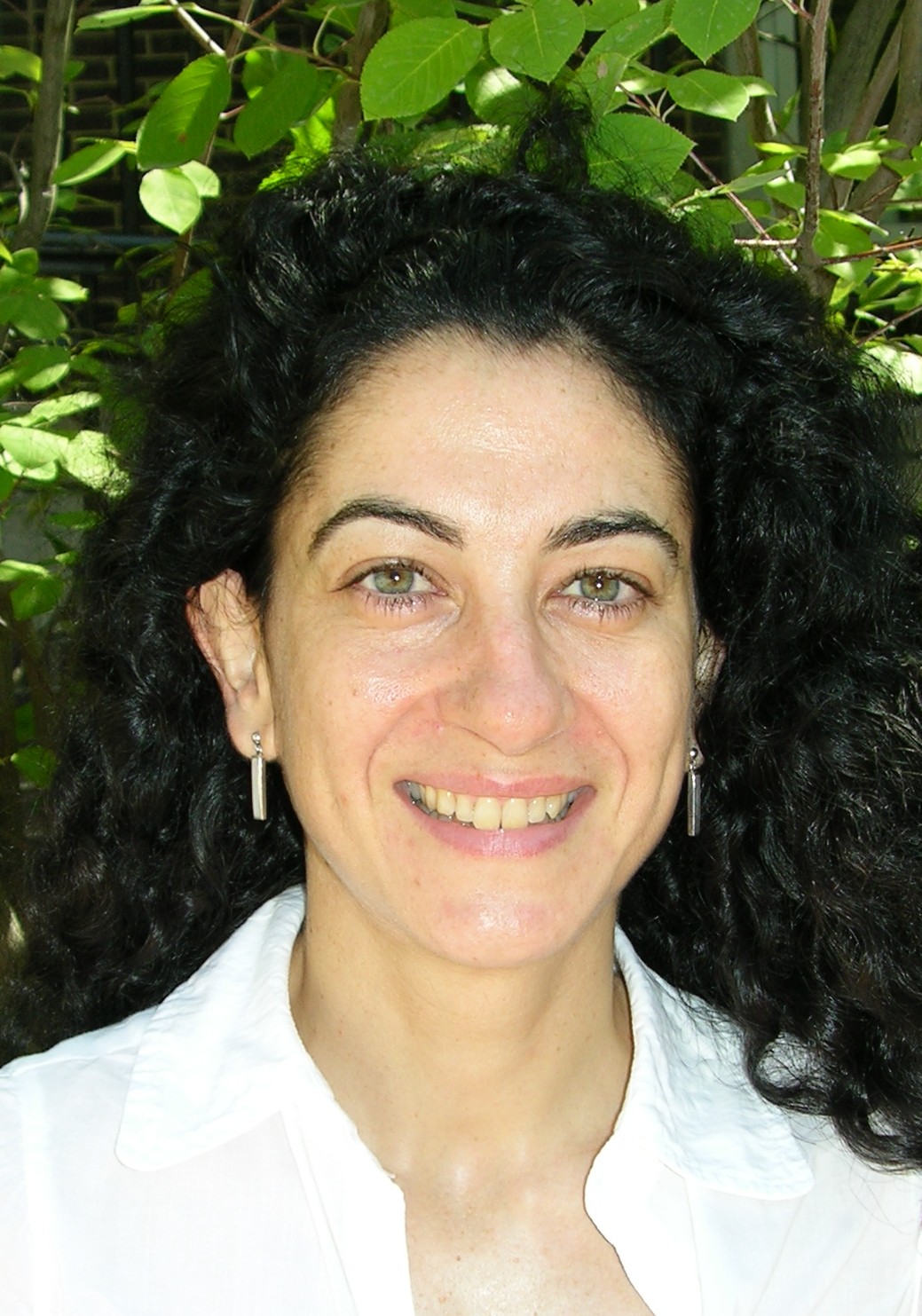
Cristina Martin
Former postdoctoral researcher
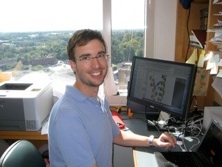
Bryan Berger
Former graduate student, PhD 2005

Carolina Bianco
Former graduate student, PhD 2008
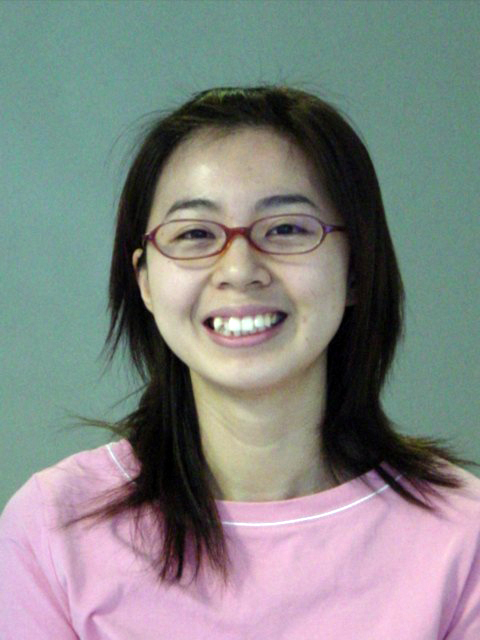
Yu-Chia Cheng
Former graduate student, PhD 2007

André Dumetz
Former graduate student, PhD 2007

JJ Langford
Former graduate student, PhD 2007

Gabriella Santonicola
Former graduate student, PhD 2007

Peter M. Tessier
Former graduate student, PhD 2003

Brian To
Former graduate student, PhD 2006
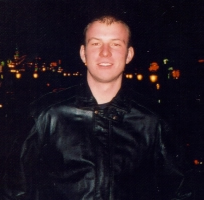
Egor Trilisky
Former graduate student, PhD 2009
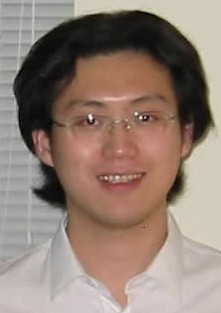
Xuankuo Xu
Former graduate student, PhD 2008
